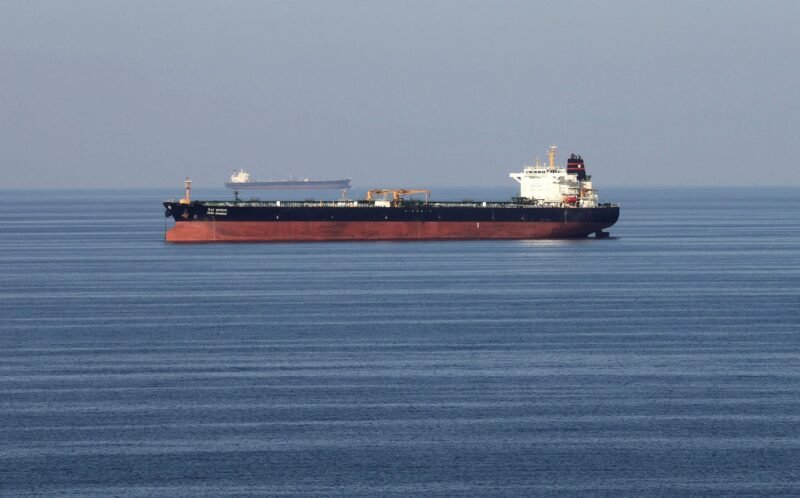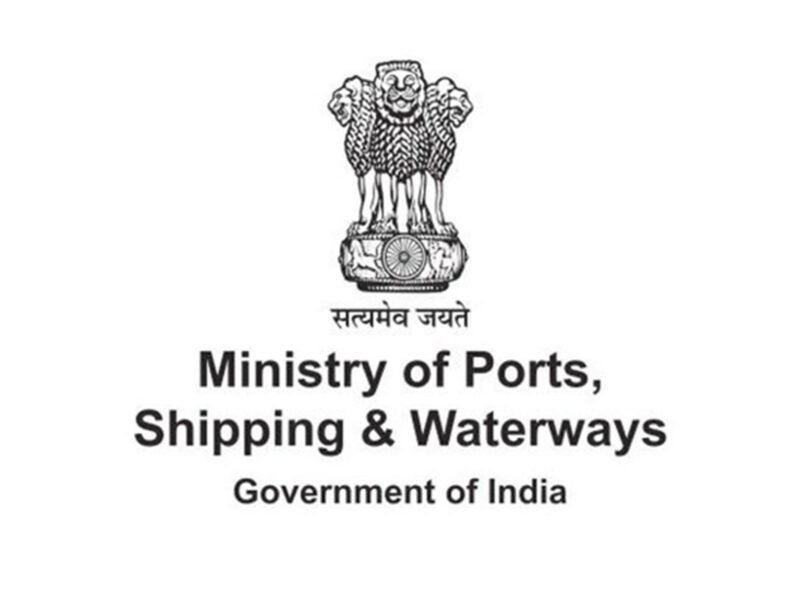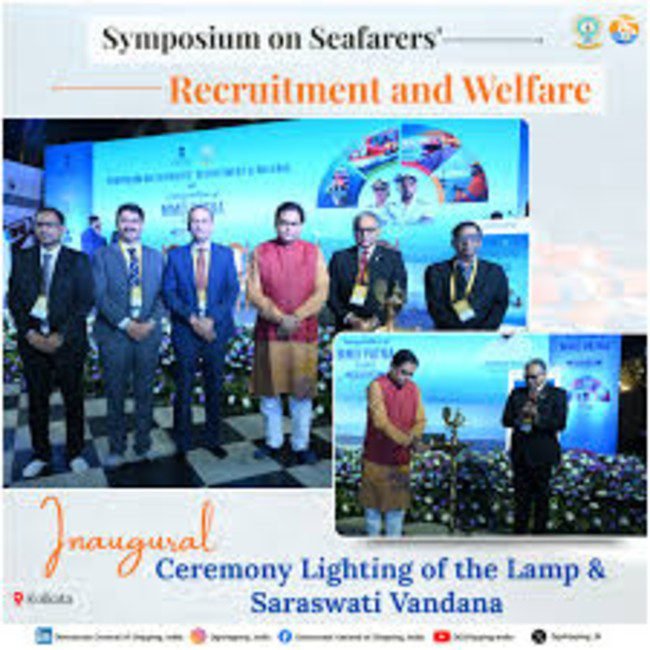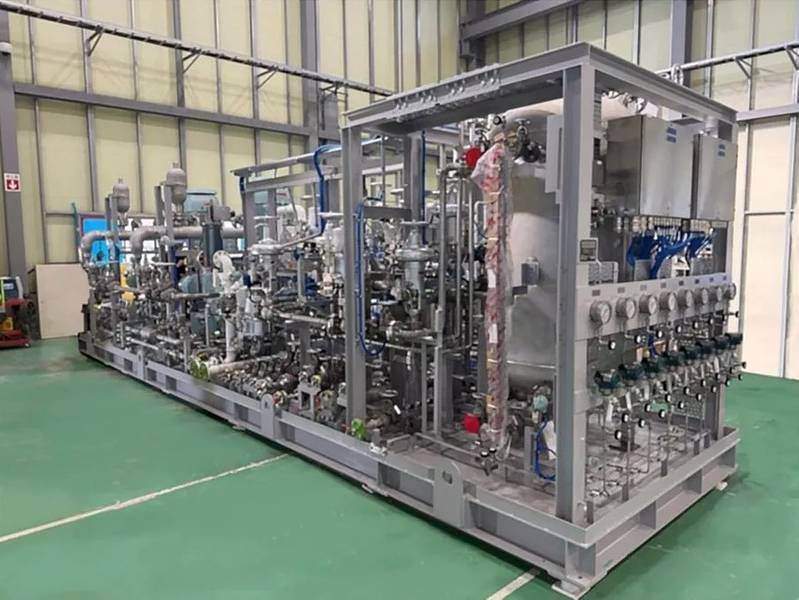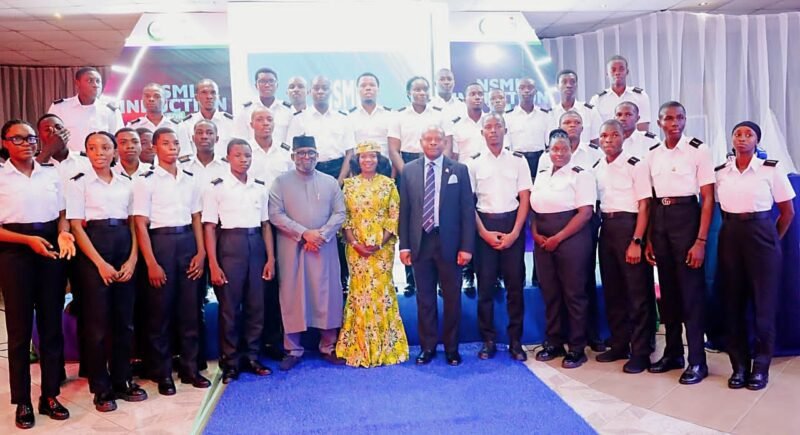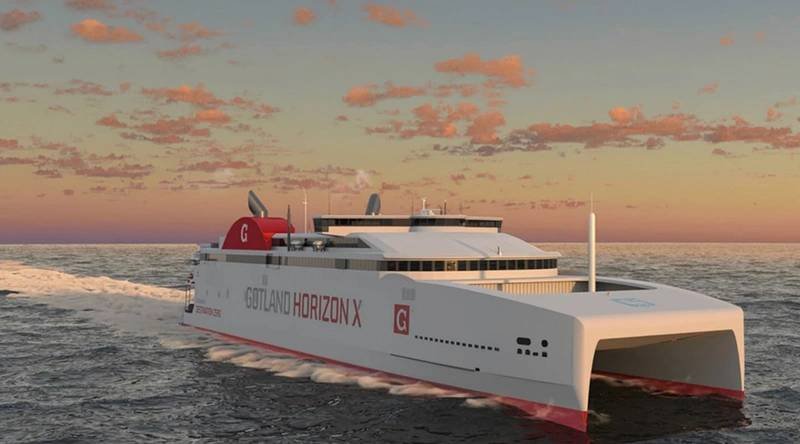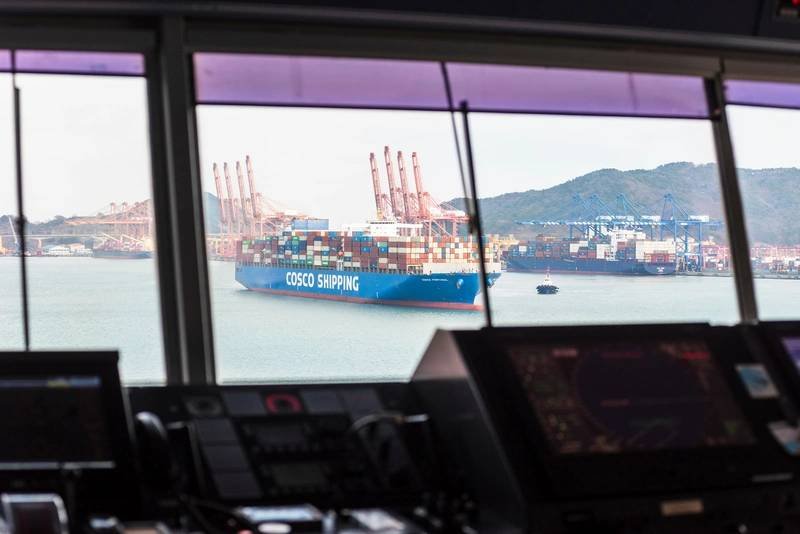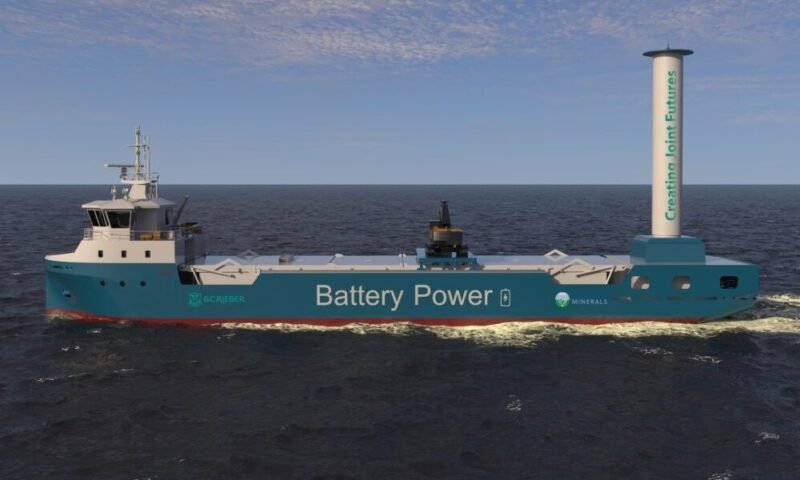The Maritime Just Transition Task Force (MJTTF) has introduced pioneering training frameworks aimed at enhancing the skills of seafarers operating ships powered by ammonia, methanol, and hydrogen. These frameworks are publicly accessible and are designed to assist regulators and maritime administrations in establishing criteria for training program development. They will also facilitate the creation of certification schemes and competency validation mechanisms, incorporating classroom instruction, simulation assessments, and practical sea-time training.
Targeting both entry-level and senior officers, the frameworks address the diverse needs of seafarers. Additionally, the MJTTF plans to release guidelines for general familiarization programs tailored for seafarers and essential shore-based personnel not covered by the International Convention on Standards of Training, Certification and Watchkeeping for Seafarers, 1978 (1978 STCW Convention).
These initiatives are part of ‘The Baseline Training Frameworks for Seafarers in Decarbonisation’ project, a collaborative effort between the MJTTF and the IMO Secretariat, with contributions from Lloyd’s Register and the World Maritime University. The project is co-funded by the IMO and Lloyd’s Register Foundation. The MJTTF, established in 2021 at COP26, aims to support the decarbonization of the maritime industry and assist millions of seafarers during this transition.
A 2022 study by DNV highlighted the need for additional training for up to 800,000 seafarers by the mid-2030s to facilitate the shift towards low- and zero-carbon fuels. Earlier this year, the International Maritime Organization’s sub-committee on Human Element, Training and Watchkeeping adopted draft guidelines for training seafarers on alternative fuel-powered vessels.
Share it now







